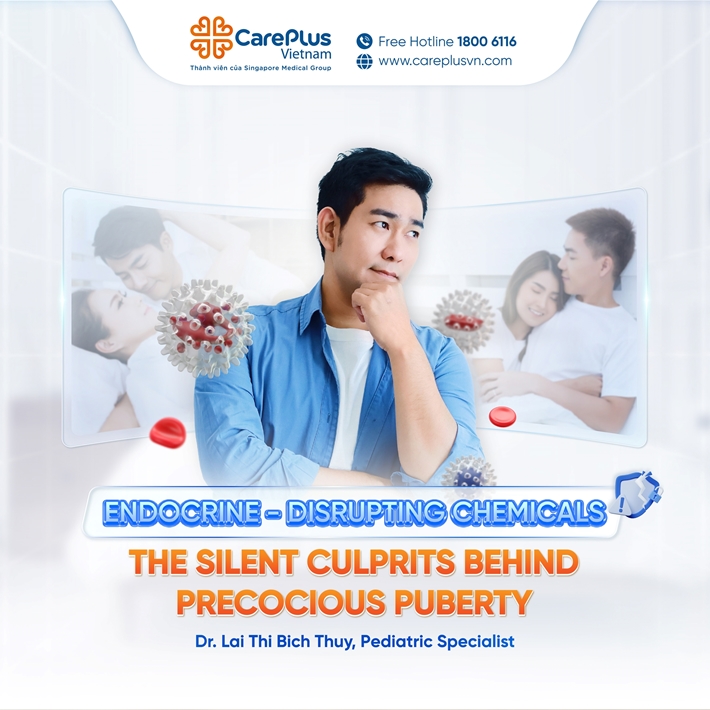UNPROTECTED SEX AND THE IMPORTANCE OF TIMELY STD TESTING
Unprotected sex refers to vaginal, anal, or oral intercourse without using protective measures. Getting tested for sexually transmitted diseases (STDs) at the right time is crucial to avoid false-negative results, prevent missing infections that could lead to complications if left untreated, and reduce the risk of spreading diseases.

3/13/2025 10:38:03 AM
According to the U.S. Centers for Disease Control and Prevention (CDC), STD testing is recommended after engaging in unprotected sex with a partner who is not your spouse or whose sexual history is unknown.
However, specific time frames should be considered before getting tested. Testing too early can result in false-negative results, meaning a person may already have an STD but receive a negative test result. This can lead to delayed treatment, increased risk of complications, and further transmission of the infection.
Recommended STD Screening Timeline by CDC:
-
Syphilis: About 1 month after intercourse. Retest after 3 months if negative.
-
HIV: About 2 weeks after intercourse. Retest after 3 months if negative.
-
Hepatitis B: About 3–6 weeks after intercourse.
-
Hepatitis C: About 2 months after intercourse. Retest after 6 months if negative.
-
HPV: About 3 weeks to a few months after intercourse.
-
HSV (Herpes Simplex Virus): A few days (if testing fluid samples) or a few months (if testing blood antibodies) after intercourse.
-
Trichomoniasis: About 1 week to 1 month after intercourse.
-
Gonorrhea & Chlamydia: Annually, or every 3–6 months if at higher risk (e.g., multiple partners or unknown partners).
Dr. Nguyen Thi Thuy Lien, a Dermatology Specialist at CarePlus International Clinics, emphasizes:
"Another important point to consider is that individuals should refrain from any sexual activity while waiting for test results to ensure they are not unknowingly spreading an infection."
Besides testing after unprotected sex, routine STD screening is also recommended based on individual risk levels:
-
People aged 13–64: Should get tested for HIV at least once in their lifetime.
-
Women over 25 who are sexually active: Should undergo annual screening for gonorrhea and chlamydia.
-
Women under 25 who are sexually active: Should get tested annually if they have risk factors such as a new partner, multiple partners, or a partner with an STD.
-
Pregnant women: Should be screened for syphilis, HIV, hepatitis B, and hepatitis C. Additional screening for gonorrhea and chlamydia is recommended if risk factors are present.
-
High-risk groups (men who have sex with men, bisexual, transgender individuals):
-
HIV screening every 3–6 months
-
Syphilis, gonorrhea, and chlamydia screening annually, or every 3–6 months if at higher risk
-
Annual hepatitis C screening if living with HIV
If you experience any symptoms related to STDs, get tested immediately. Even if you don’t have symptoms, regular testing at least once a year is essential to safeguard your health. STD testing not only protects you but also helps protect your partners and loved ones.